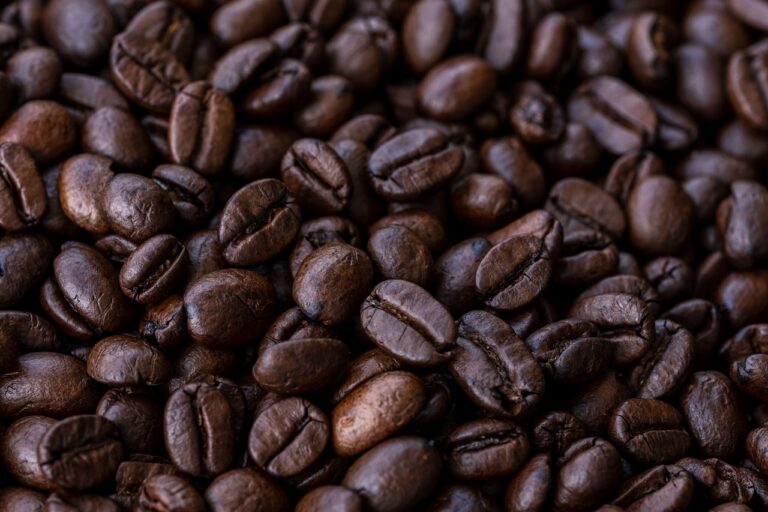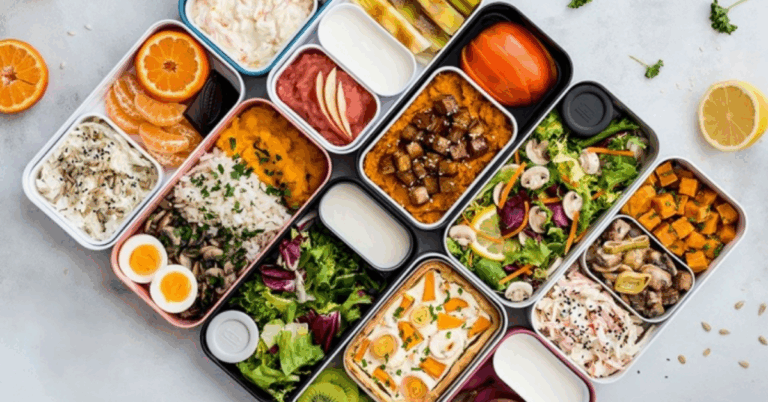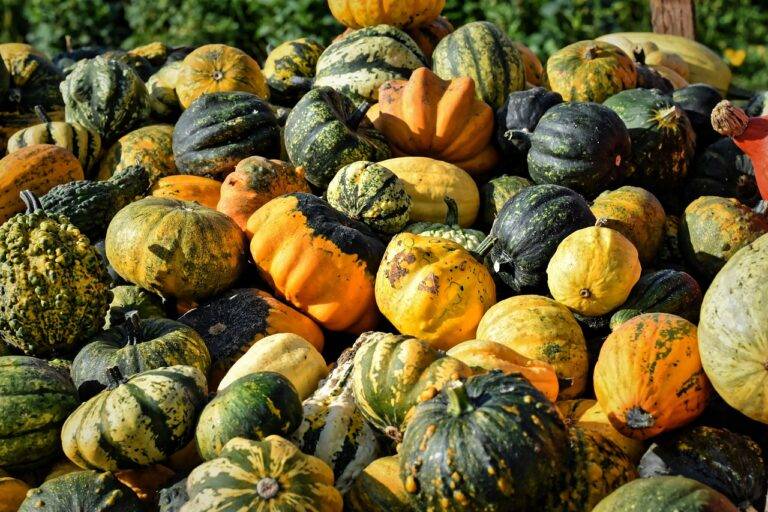Comparing Frozen and Fresh Vegetables: Taste and Quality: 11xplaylogin, King567 sign up, Skyinplay
11xplaylogin, king567 sign up, skyinplay: Whether you’re a seasoned chef or a newbie in the kitchen, one question that often comes up when preparing meals is whether to use frozen or fresh vegetables. Both options have their pros and cons, but ultimately, the taste and quality of the vegetables can make all the difference in your dishes. In this blog post, we’ll delve into the debate between frozen and fresh vegetables, exploring the differences in taste and quality.
Frozen Vegetables: Convenient but at What Cost?
Frozen vegetables have gained popularity over the years due to their convenience and long shelf life. These vegetables are typically picked at the peak of freshness and then flash-frozen to preserve their nutrients. While frozen vegetables may seem like a time-saving option, there are some drawbacks to consider when it comes to their taste and quality.
1. Loss of Texture: One of the main drawbacks of frozen vegetables is the loss of texture. When vegetables are frozen, ice crystals form within the cell walls, causing the vegetables to become mushy when thawed. This can affect the overall taste and quality of the dish you are preparing.
2. Flavor Profile: Another concern with frozen vegetables is their flavor profile. Because they are frozen, some of the natural flavors of the vegetables can be lost during the freezing process. This can result in a less vibrant taste compared to fresh vegetables.
3. Nutrient Loss: While frozen vegetables are often touted for their nutrient content, they can lose some of their vitamins and minerals during the freezing process. Additionally, the blanching process that some frozen vegetables undergo before freezing can further deplete their nutritional value.
Fresh Vegetables: The Gold Standard for Taste and Quality
On the other hand, fresh vegetables are often hailed as the gold standard for taste and quality. Fresh vegetables are typically harvested locally, at the peak of ripeness, and delivered to your local grocery store or market. When it comes to taste and quality, fresh vegetables have several advantages over their frozen counterparts.
1. Texture: Fresh vegetables have a superior texture compared to frozen vegetables. The crispness and crunchiness of fresh vegetables can add depth and dimension to your dishes, making them more enjoyable to eat.
2. Flavor: Fresh vegetables are bursting with flavor, thanks to their natural ripeness and freshness. Whether you’re saut驮g, roasting, or steaming fresh vegetables, they can elevate the taste of your meals to new heights.
3. Nutrient Content: Fresh vegetables are packed with essential vitamins, minerals, and antioxidants that are vital for overall health and well-being. By choosing fresh vegetables, you can ensure that you are getting the maximum nutritional benefit from your food.
FAQs
1. Are frozen vegetables as nutritious as fresh vegetables?
While frozen vegetables can be a convenient option, they may not be as nutritious as fresh vegetables due to potential nutrient loss during the freezing process.
2. Can I mix frozen and fresh vegetables in the same dish?
Yes, you can mix frozen and fresh vegetables in the same dish. Just be mindful of the cooking times and adjust accordingly to ensure that both types of vegetables are cooked to perfection.
3. How can I tell if a fresh vegetable is ripe?
When choosing fresh vegetables, look for vibrant colors, firm textures, and a fresh smell. Avoid vegetables that are wilted, discolored, or have a strong odor.
In conclusion, when it comes to taste and quality, fresh vegetables tend to have the upper hand over frozen vegetables. While frozen vegetables are convenient and have a longer shelf life, they may fall short in terms of texture, flavor, and nutrient content. By opting for fresh vegetables, you can elevate the taste of your dishes and ensure that you are getting the maximum nutritional benefit from your food. Ultimately, the choice between frozen and fresh vegetables comes down to personal preference and the specific needs of your meal preparation.







